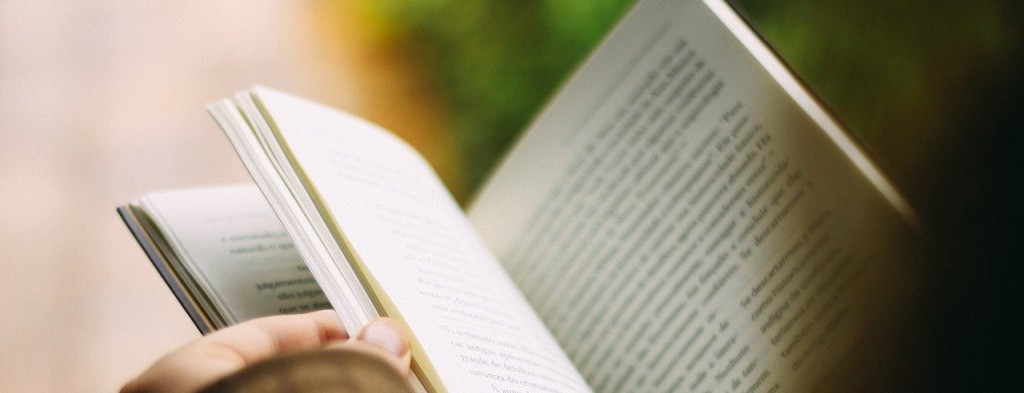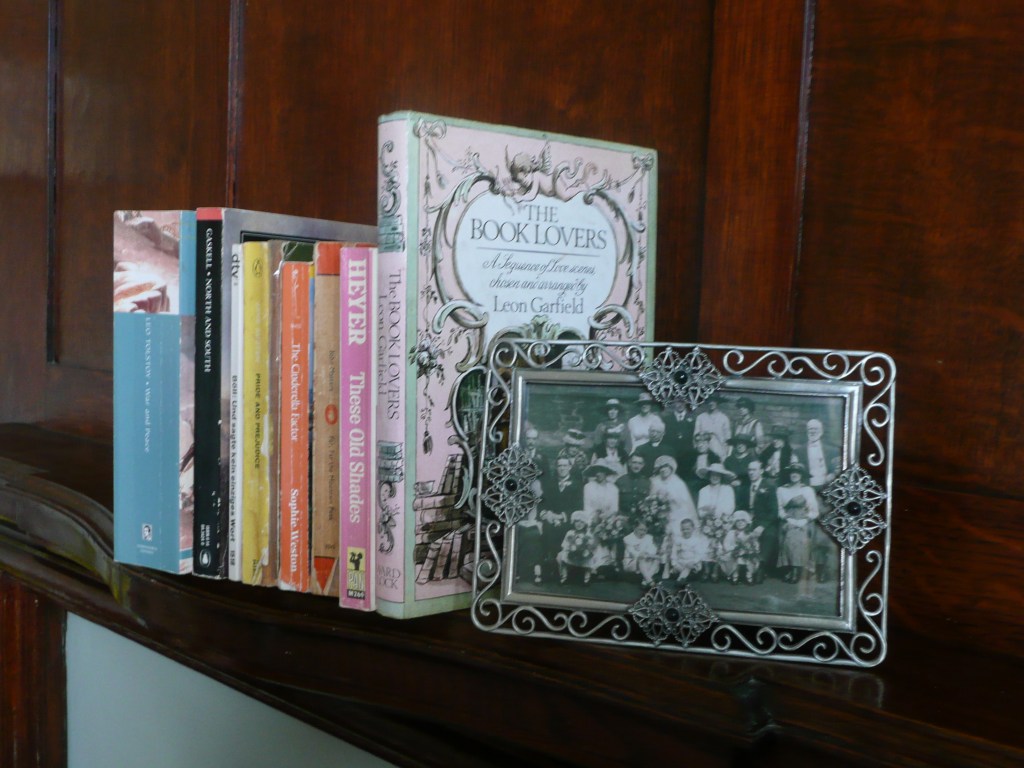
Why do people read novels? Surely one of the main reasons – and I know it is for me – is to be swept up in the characters’ emotions.
Now a study by three British universities (Bristol, Durham and Sheffield) has thrown up an incredible fact: books are exactly 14% less emotional in content today than they were at the end of the 19th century. How can this be?
And how on earth did they prove this? Well, the scientists did a word search on five milllion digitised Google books – which apparently is an incredible 4% of all the books ever published in human history. The main emotive words they were looking for were: anger, joy, sadness, surprise, fear and disgust.
This is what else they found:
1. There are distinct periods of “happy” and “sad” corresponding to historical events. The emotional language used in books published during the second world war is pretty negative (no suprise there), and the same goes for American books published during the depression. In the 1920s and 1960s, the mood was positive. I can understand this. I always thought the 20s or the 60s would be great times to be young and just starting out in life – swinging times, jazz, peace and love! Woody Allen has his heart set on returning to the twenties in the film Midnight in Paris, and I can totally understand.
2. The second interesting result is that since the seventies there has been an increase in fear associated language. When I look at the type of books that become best-sellers nowadays, I can see this: things like The Da Vinci Code, or The Hunger Games, or any of Stephen King’s. What I don’t get is why we are nowadays so hungry to be terrified! It’s a shame the study hasn’t gone into the reasons why, just the actual facts, but apparently there may be another study to help explain the findings. That would be brilliant.

3. The third interesting result, and one that I find fascinating, is that up until the 60s there wasn’t much difference in emotional language between the British and Americans. If anything, the British were slightly more “emotional”. Nowadays, guess what? Yes, you guessed it – we British, with our renowned stiff upper lip and our celebrated reserve use far less emotional language in our books that the Americans.
Again, sadly the study doesn’t explain why, but the guesswork is that during the sixties America was in its greatest period of economic prosperity of the century. Us poor Brits, on the other hand, had only just got out of post-war rationing. There were still bomb craters on London’s streets and people living in pre-fabs (pre-fabricated structures, quickly thrown up to house people during the housing shortage caused by bombing).
I had a think about whether I’ve noticed this UK/US trend in books or not, and I suppose in a way – yes. Think of the taciturn James Bond, for example, or Smiley in Tinker, Tailor, Soldier, Spy, and compare it to the emotional roller-coaster which is Homeland.
The decrease in emotional language isn’t something I’ve noticed when reading romance novels, though, whether British or American, and Jilly Cooper gives a great quote in this Daily Mail article:
‘People are unsure how to express emotions now. They think it is a bit wet going over the top, and maybe people fear ridicule. There is certainly less conviction and passion in modern books.
‘My books are very full of joy, they are like a knickerbocker glory of love.’
I like the idea of a knickerbocker glory of love. Romance novels are full of joy, in my experience, and that’s what I love about them.
So, books are getting more scary and less joyful. And do you know what’s even more scary? One of the scientists, Dr Acerbi, concluded at the end of the study: ‘Interdisciplinary studies such as this can detect clear patterns by looking at an unprecedented amount of data, such as tweets, Google trends, blogs, or, in our case, digitised books, that are freely available to everyone interested in them.’
So, everything we ever write online – every throwaway tweet or casual Facebook update – can now be analysed and picked over by men in white coats in a lab. Now that IS scary.
What do you think to the findings of this research? Are British books and films lacking in emotion? Why do we love scary books and films so much? If you have any comments, please let me know – I’d love to hear from you!


Leave a Reply